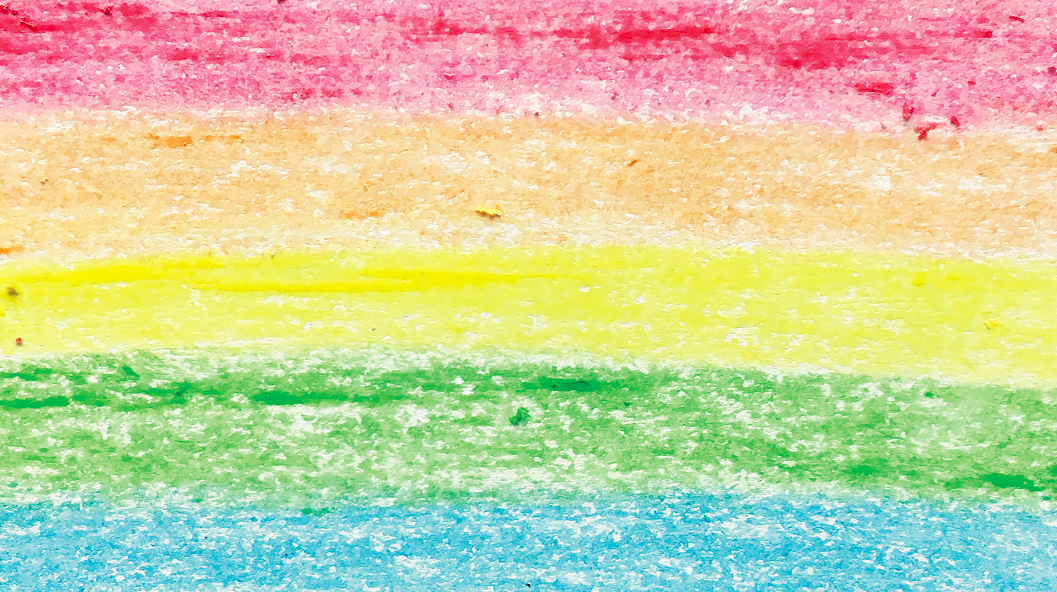
50 years ago this June, in New York City’s Greenwich Village, police raided the Stonewall Inn. This time around, violent protests ensued, and a movement started to buzz — gay liberation! Energized by leaders and exhausted from scrutiny, members of the LGBTQIA2S community rallied and engaged in a war to gain fundamental human rights.
The social justice work done during this period has carried our community to its highest point of acceptance in colonial history. It also gave us the notorious Gay Christmas — more formally known as Pride.
In the 1970s, when the movement was at its infancy, community members would face discrimination, legal penalties, and other heinous acts of violence. People couldn’t marry their partners, could be denied employment, and often would be evicted from their homes.
These days, I hear many iterations of the statement, “It’s 2019! What more do they want? We’re all equal now.” The notion of equality seems to end with the paper trail for many folks. This generation is the first to see gay marriage legalized in many countries, the legal protection of pronouns, funded medical treatments, and constitutional rights regardless of sexual identity.
With all of these legal improvements, isn’t everything truly equal?
Unfortunately, equality on paper does not guarantee fair treatment in society. In 2017, the amount of police-reported hate crimes against the LGBTQIA2S community in Canada rose 16 per cent from 2016, and 64 per cent of the crimes were violent in nature. In the United States, members of this community are more likely than any other minority group to suffer hate crimes.
A study published by BMJ Open found that young adults ages 18 to 32 in the U.S. that identify as members of a “sexual minority” were twice as likely to be unemployed and uninsured when compared to their heterosexual counterparts. Furthermore, almost half of all members of sexual minorities report employment discrimination in their lifetime. Transgender individuals consistently report discrimination from the medical community, but also are a large target of brutal and fatal violence.
So, if we are at the highest level of progress so far, why is violence increasing? Some social scientists believe this phenomenon is due to the rising tensions of political climates.
While many people champion for equal rights, or at least don’t seem to care either way, others take their stance to the opposite extreme. 2019 is also the year Straight Pride made a strong comeback, and the era where some folks appear to feel the gay community is a glittery gang of goons wrecking all the majority’s wholesome fun.
That being said, I believe many people both in and out of the gay community have lost what Pride is really about, and fail to remember what their predecessors fought — and in many cases died — for.
I am Proud, but my Pride cannot be bought.
Pride is supposed to be an embodiment of liberation, equality, love, and power within the community. When Pride month comes around, all I am bombarded with is corporate play on who can be the most gay. Rainbows, “love is love,” equality, #LGBT, “We support you,” and similar messages dominate social media commercials, stores, packaging, etc for the duration of Pride month, then vanish for a year. Where were the corporations when police were beating people in the streets? Where are they when people who want to reverse gay marriage take office? Gayness has become a commodity, and the “Straight Priders” are feeling left out.
Some may be screaming from the sidelines that Straight Pride is a ridiculous attempt to belittle and humiliate Pride members and those in support don’t understand what Pride means, but why is that? What Pride stands for has been lost.
Saying “we are all equal” is colouring over the issues listed above with a nice, pretty rainbow. Stereotypes exist in our community. We are drinkers, partiers, and are sexualized on all levels. These conceptions are detrimental to us, but I have yet to be at a Pride parade where someone took the time to recognize the importance of Pride as a protest rather than a celebration. Do not mistake me — I am dancing in the streets, throwing rainbow water balloons and hugging every stranger I see, whispering that I love them, too — but I am not a commodity.
I am Proud, but my Pride cannot be bought.






